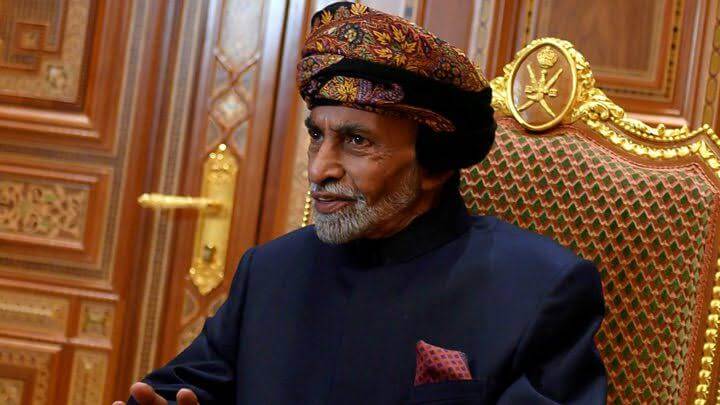Domestic Politics
On 10 January, Omani Sultan Qaboos bin Said Al Said, the longest-serving ruler of the Arab world, passed away at the age of 79. His cousin, Haitham bin Tariq Al Said, was sworn in as his successor. Many world leaders met Sultan Haitham to offer their condolences, but the absence of the Moroccan King, who sent his brother instead, was noticeable. [BBC, Gulf News]
Over 21 people have died and 82 injured in air raids today in Idlib, Ariha, and other places in Northern Syria. The death toll is likely to rise as many of the injured are in critical condition. The airstrikes were reportedly carried out by Syrian government forces and their Russian allies to counter the forces in rebel-held areas. [Al Jazeera]
Protests in Lebanon have turned violent over the past two days, with state security forces using teargas and batons to forcefully disband demonstrations. Dozens have been injured after riots broke out on Tuesday in Hamra, Beirut, with protestors pelting stones and destroying bank facades. [Reuters]
International Relations
Iranian President Hassan Rouhani announced that the country is enriching more uranium than it did before its 2015 nuclear deal with world powers. Al Jazeera’s Assed Baig perceives this as a statement from Rouhani to Europe that they must stand up to the US. [Al Jazeera]
Khaled Al-Mishri, Chairman of the Libyan High Council of State, announced on Wednesday that the UAE embassy in Moscow played a role in obstructing the ceasefire agreement in Libya. [Anadolu Agency]
The United Nations High Commissioner for Refugees has appealed for $477 million in aid to help more than 900,000 Sudanese refugees. By the end of this year, Sudan is projected to host more than 1.14 million refugees from South Sudan, Syria, Yemen, Ethiopia, and others. [Middle East Monitor]
Lebanon’s ousted Prime Minister Hariri on Tuesday suggested that the nation must look to cooperation with the World Bank and International Monetary Fund to solve its economic crisis. Beirut has been unable to agree on a new government since October, leaving the country directionless and worsening its financial situation. [Reuters]
Gender
As Saudi Arabia looks to revamp its ultra-conservative image in the international community, Riyadh on Wednesday named Princess Haifa al-Mogrin as its representative to UNESCO. [Al Jazeera]
Environment
On Wednesday, Israeli Defence Minister Naftali Bennett approved the creation of 7 nature reserves and the expansion of 12 more in the occupied West Bank region. In his statement, Bennett said, “Today, we provide a big boost for the land of Israel and continue to develop the Jewish communities in Area C, with actions, not with words.” [Middle East Monitor]
Business
NAREVA, a Moroccan company, in collaboration with France’s ENGIE group, has won an international bid to build a 120 MWp solar power plant in Tunisia. The plant is expected to supply energy to more than 100,000 homes and avoid 150,000 tons of carbon emission per year. This is the first collaboration between NAREVA and ENGIE in Tunisia, following their successful construction of the 300 MW Tarfaya wind farm in Morocco. [North Africa Post]
Image Credit: BBC

